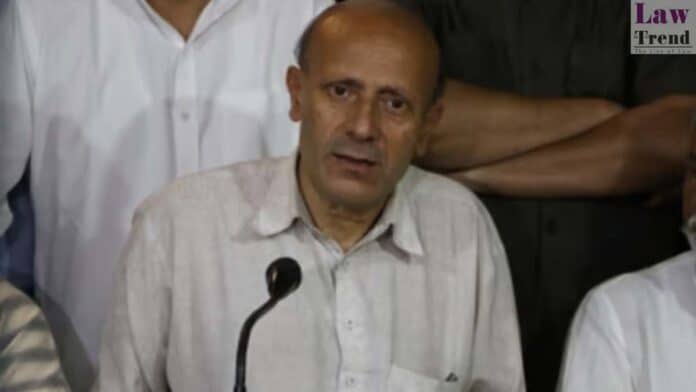The Delhi High Court on Monday reserved its order on a plea filed by jailed Jammu and Kashmir MP Engineer Rashid, challenging the directive that required him to deposit nearly ₹4 lakh towards travel expenses for attending Parliament while in custody. A bench comprising Justices Vivek Chaudhary and Anup Jairam Bhambhani heard submissions from Rashid’s
To Read More Please Subscribe to VIP Membership for Unlimited Access to All the Articles, Download Available Copies of Judgments/Order, Acess to Central/State Bare Acts, Advertisement Free Content, Access to More than 4000 Legal Drafts( Readymade Editable Formats of Suits, Petitions, Writs, Legal Notices, Divorce Petitions, 138 Notices, Bail Applications etc.) in Hindi and English.




